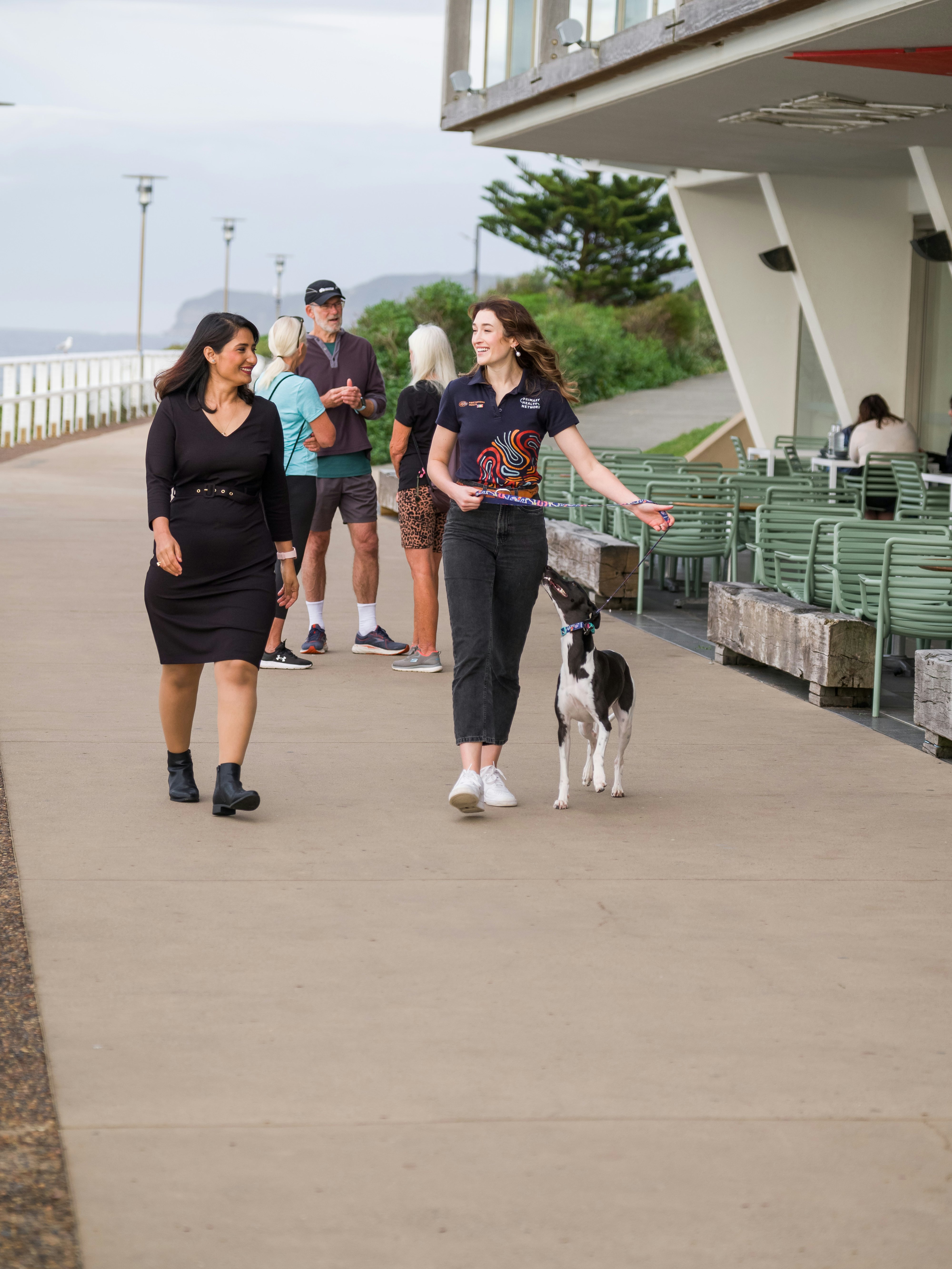
How do we commission services?
Our PHN's commissioning strategy is an ongoing process of planning, purchasing and monitoring services to meet the needs of our communities.

Health care commissioning is defined as the process of “planning and purchasing health services to meet the health needs of a local population” . It is a continual cycle that involves planning, designing or procuring, monitoring and evaluating health services to make sure they are performing well and improving the health of the communities that they work within.
HNECC’s approach to commissioning involves an ongoing collaborative relationship with service providers, clinicians, consumers and other stakeholders so that services are designed and delivered to meet community needs in key priority areas.
This diagram outlines HNECC’s commissioning cycle:

Ref: The Kings Fund (2014) Briefing - Clinical commissioning: what can we learn from previous commissioning models? https://www.kingsfund.org.uk/p...
HNECC is one of 31 Primary Health Networks (PHNs) funded by the Australian Government to commission programs and services. Commissioning is a core activity of PHNs, and underpins all the work that we do. PHNs do not provide health services, but rather commission them and support service providers to improve efficiency and quality.

Our PHN's commissioning strategy is an ongoing process of planning, purchasing and monitoring services to meet the needs of our communities.

Decommissioning is a crucial part of the commissioning cycle and is undertaken in a planned way to ensure that the most effective services are delivered, making best use of the resources available.

Our Primary Health Network works with local primary health care providers, Hunter New England and Central Coast Local Health Districts and Community Managed Organisations to meet local health care needs across our region.

We commission health services to address the identified needs and priorities of our First Nations communities.

Commissioning is a new approach for many providers so we have prepared a series of webinars to explain the tendering process and help you to prepare a competitive tender response.

As part of ongoing improvement in service commissioning, the Primary Health Network is transforming the way we measure the impact and the quality of the health services we fund within our region.

Access information about current tenders for health services and commissioning of services

These resources can support provider organisations to implement continuous quality improvement in these key areas, improving the quality of the services they deliver, and supporting compliance with the contracts held with HNECC.
The toolkit gives service providers an understanding of the purpose and roles of Primary Health Networks, and specifically our PHN.
By clearly articulating the role of the PHN and the service provider, we will be able to work together more effectively to improve health outcomes for our communities.

Accredited General Practices and Aboriginal Community Controlled Health Services in the Newcastle and Lake Macquarie LGAs are advised that an Expression of Interest is now open for the establishment of a Medicare Urgent Care Clinic.

Should my organisation use Fax, Email or Post to receive or send patient information? The simple answer to this question is no, because these methods of communication can put the security and privacy of your patient’s health information at risk and expose your organisation to a potential Data Breach or a Reportable Privacy Breach.

As a Commissioned Service for HNECC PHN your organisation has access to a variety of videos & webinars to support you to understand, collate and report on the valuable feedback you are collecting via the YES Survey. The use of short video clips (or microlearning) allows for more efficient processing and memory recall.

The Department of Health and Aged Care (DoHAC) has made changes to the consent guidance for the Primary Mental Health Care Minimum Data Set (PMHC MDS). These changes will allow DoHAC to share data with State and Territory Governments as part of bilateral funding agreements.